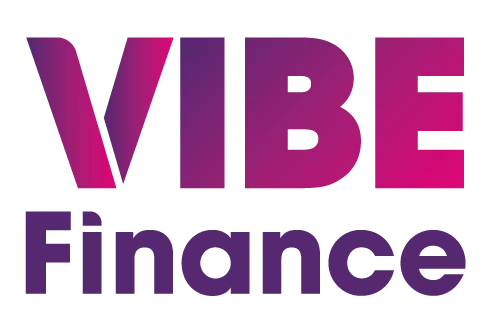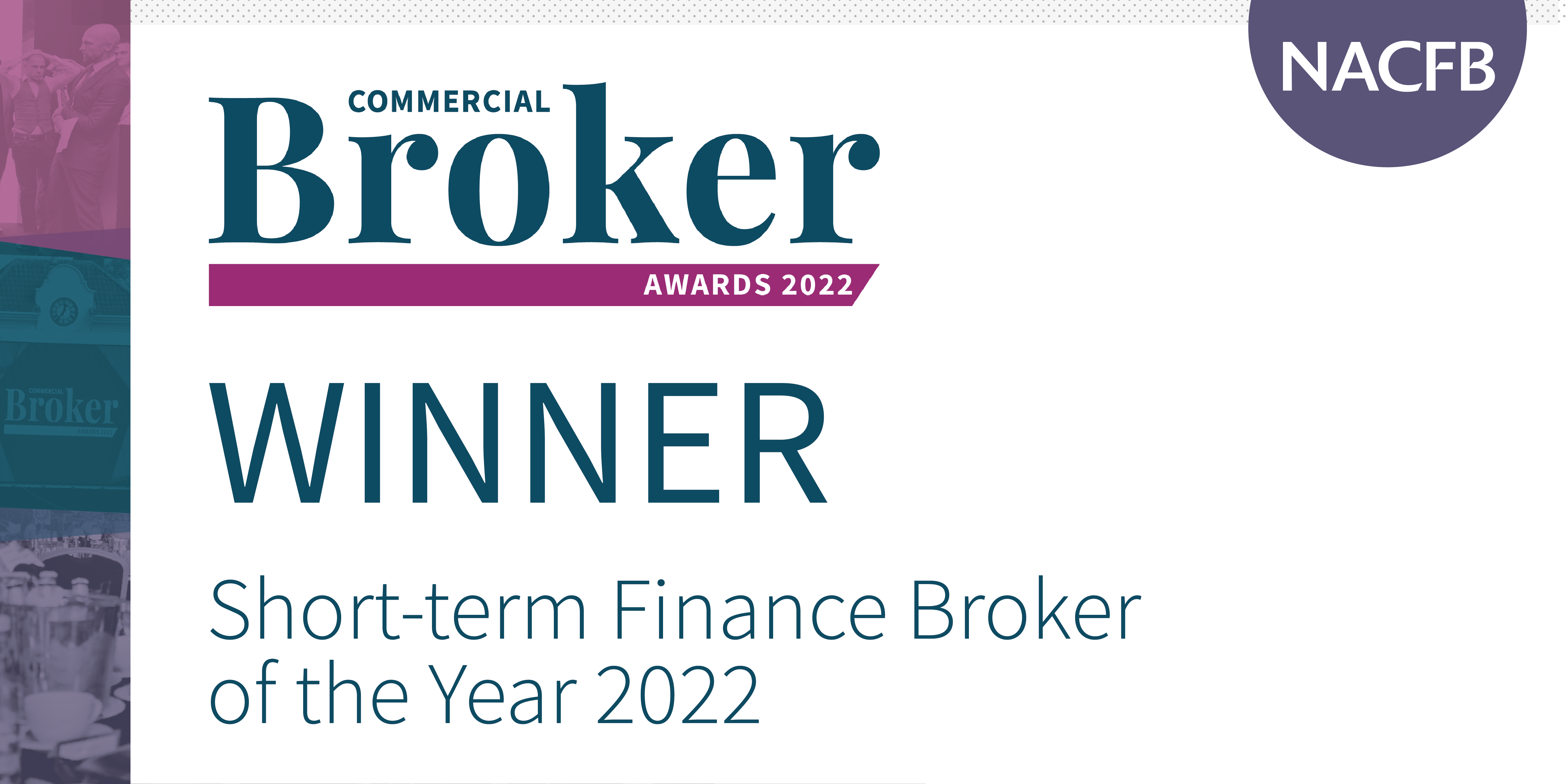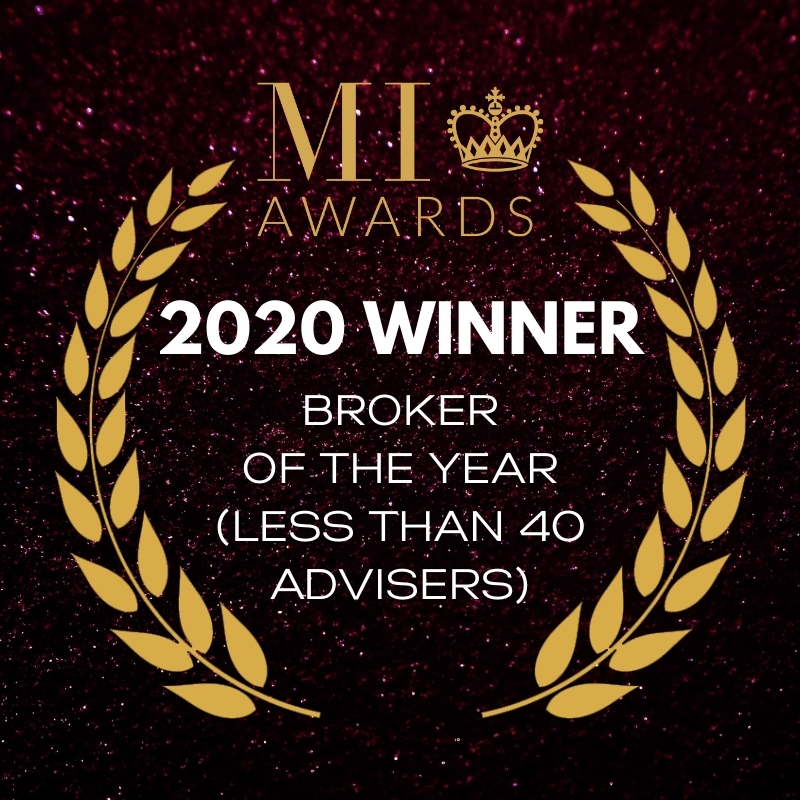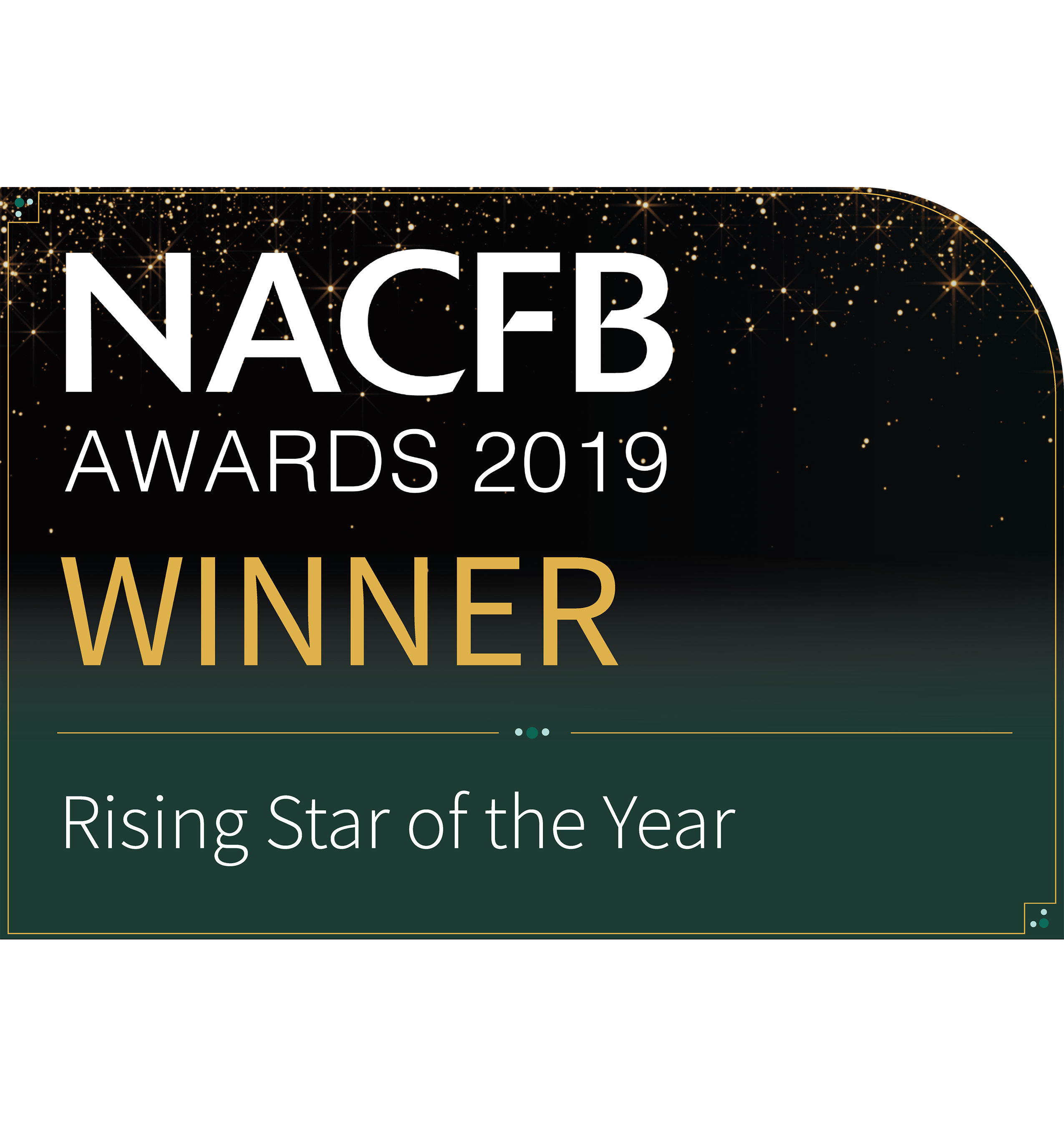
Elections can significantly impact the economy and, consequently, mortgage rates. Understanding these effects can help you make informed decisions about your home financing. At VIBE, we’re committed to keeping you informed and ensuring you feel confident about your mortgage choices.
Historical Impact of Elections on Mortgage Rates:
Over the past three decades, UK General Elections have often led to shifts in economic policies, influencing mortgage rates. For instance, the 1997 election saw Labour introducing policies that stabilised the housing market, leading to lower mortgage rates. This trend is a positive example of how political decisions can benefit homebuyers.
In 2010, the Conservative-Liberal Democrat coalition introduced austerity measures to tackle the financial crisis aftermath. These measures impacted the housing market and mortgage rates. During the Conservative government in 2015, economic stability was prioritised, resulting in relatively low mortgage rates. The 2016 Brexit referendum, although not a general election, had a substantial impact on mortgage rates due to the resulting economic uncertainty.
The 2017 election, also under a Conservative government, saw further fluctuations in mortgage rates due to ongoing Brexit negotiations. By 2019, with the Conservative victory under Boris Johnson, the market experienced uncertainty due to Brexit finalisation. These examples illustrate how election outcomes and subsequent policy decisions can directly impact mortgage rates. However, it’s important to remember that the housing market has historically shown resilience and the ability to stabilise after periods of uncertainty.
What to Expect During Election Periods
- Economic Uncertainty: Elections can create economic uncertainty, potentially causing interest rates to fluctuate. However, this uncertainty often leads to market adjustments that stabilise over time, offering new opportunities for homebuyers.
- Policy Changes: New governments may introduce policies that affect the housing market and interest rates. For example, a government focusing on increasing homeownership might introduce incentives for first-time buyers, which could impact demand and mortgage rates. Conversely, policies aimed at cooling the housing market could lead to higher interest rates to curb borrowing. These policy changes can create beneficial opportunities depending on the timing and nature of your mortgage needs.
- Market Reactions: Investors and financial markets react to election outcomes, influencing the cost of borrowing. Positive reactions to a new government’s policies can lead to lower mortgage rates as confidence in the economy grows. Negative reactions, however, can cause rates to rise as markets brace for potential economic disruptions. It’s important to stay informed but also to recognise that markets tend to adjust and recover, maintaining a balance over time.
How to Prepare for Potential Changes
- Lock in a Fixed Rate: If you’re concerned about potential rate hikes, consider securing a fixed-rate mortgage. Fixed-rate mortgages provide stability by locking in your interest rate for a set period, typically 2 to 5 years. This can protect you from sudden rate increases and help you manage your monthly budget more effectively.
- Stay Informed: Keep abreast of election developments and expert analyses. Understanding the potential economic implications of different election outcomes can help you anticipate changes in mortgage rates. Follow reliable news sources and financial experts who provide insights into how political events might impact the housing market and interest rates.
- Consult with Experts: Speak with mortgage advisors to understand how different scenarios might affect you. Mortgage advisors can offer personalised advice based on your financial situation and the current market conditions. They can help you explore options like fixed-rate mortgages, remortgaging, or adjusting your repayment strategy to mitigate potential risks.
Elections can bring change, but with careful planning and advice, you can navigate these periods with confidence. At VIBE, we’re here to help you stay prepared and informed. By understanding the potential impacts of elections on mortgage rates and taking proactive steps, you can make informed decisions that align with your financial goals. Whether it’s locking in a fixed rate, staying informed about market trends, or consulting with experts, these strategies can help you manage your mortgage effectively during election periods.
FAQ Section
Q: How do elections affect mortgage rates?
A: Elections can lead to economic policy changes and market reactions, which may influence mortgage rates. Political parties often have different economic strategies, and their policies can impact the housing market. For instance, policies that focus on increasing homeownership can lead to changes in demand, affecting mortgage rates. Conversely, policies aimed at stabilising the economy might impact interest rates differently.
Q: Can you provide historical examples of how elections have impacted mortgage rates?
A: Certainly. The 1997 election saw Labour introducing policies that stabilised the housing market, leading to lower mortgage rates. In 2010, the Conservative-Liberal Democrat coalition’s austerity measures impacted mortgage rates by addressing the financial crisis. The 2016 Brexit referendum created significant economic uncertainty, influencing mortgage rates as the market reacted to potential economic disruptions. These examples highlight how political outcomes can directly impact mortgage rates through policy changes and market reactions.
Q: What should I expect during election periods regarding mortgage rates?
A: During election periods, you can expect:
- Economic Uncertainty: Potential fluctuations in interest rates due to market volatility.
- Policy Changes: New government policies can affect the housing market and interest rates.
- Market Reactions: Investor and market responses to election outcomes can influence borrowing costs.
Q: How can economic uncertainty during elections affect mortgage rates?
A: Economic uncertainty during elections often leads to market volatility as investors and consumers react to potential new policies. This volatility can cause short-term increases in mortgage rates as lenders try to mitigate risks. However, if the election outcome results in positive economic sentiment, mortgage rates might stabilise or decrease.
Q: What types of policy changes can influence mortgage rates?
A: Policy changes that can influence mortgage rates include those aimed at:
- Increasing homeownership through incentives for first-time buyers.
- Cooling the housing market by implementing measures to curb borrowing.
- Stabilising the economy, which can impact interest rates and overall market confidence.
Q: How do market reactions to election outcomes impact mortgage rates?
A: Market reactions to election outcomes can significantly impact mortgage rates. Positive reactions, such as increased confidence in the economy, can lead to lower mortgage rates. Conversely, negative reactions can cause rates to rise as markets prepare for potential economic disruptions or unfavourable policies.
Q: Should I secure a fixed-rate mortgage during election periods?
A: Securing a fixed-rate mortgage during election periods can provide stability, especially if you anticipate potential rate hikes due to election outcomes. A fixed-rate mortgage locks in your interest rate for a set period, typically 2 to 5 years, protecting you from sudden increases and helping you manage your budget more effectively.
Q: How can I stay informed about potential changes to mortgage rates during election periods?
A: To stay informed, you should:
- Follow reliable news sources that provide updates on election developments.
- Consult financial experts and mortgage advisors for insights into how political events might impact the housing market and interest rates.
- Stay updated on policy changes and market trends that could influence mortgage rates.
Q: How can consulting with experts help me during election periods?
A: Consulting with mortgage advisors and financial experts can provide you with personalised advice based on your financial situation and current market conditions. Experts can help you explore options like fixed-rate mortgages, remortgaging, or adjusting your repayment strategy to mitigate potential risks. Their insights can guide you in making informed decisions that align with your financial goals.
Q: What proactive steps can I take to manage my mortgage during election periods?
A: Proactive steps include:
- Securing a fixed-rate mortgage to lock in your interest rate and protect against potential rate hikes.
- Staying informed about election developments and expert analyses to anticipate changes in mortgage rates.
- Consulting with mortgage advisors to understand how different election scenarios might affect you and exploring various mortgage options to mitigate risks.
Q: How can I prepare for potential changes in mortgage rates due to elections?
A: Preparing for potential changes involves:
- Locking in a fixed-rate mortgage if you expect rates to rise.
- Keeping abreast of election news and expert financial analyses.
- Speaking with mortgage advisors to get personalised advice based on different election outcomes.
- Reviewing and adjusting your financial strategy as needed to accommodate potential rate fluctuations.
Q: What are the benefits of locking in a fixed-rate mortgage during uncertain times?
A: Locking in a fixed-rate mortgage provides:
- Predictable monthly payments, which can help with budgeting.
- Protection from sudden interest rate increases.
- Financial stability during periods of economic uncertainty, such as election times.
By understanding the potential impacts of elections on mortgage rates and taking proactive steps, you can make informed decisions that align with your financial goals. At VIBE, we’re here to help you navigate these periods with confidence. Whether it’s locking in a fixed rate, staying informed about market trends, or consulting with experts, these strategies can help you manage your mortgage effectively during election periods.
Further Reading and Resources:
Please feel free to check out our Blogs for intermediaries here and for consumers here. Please also feel free to visit our Residential Mortgages page.
Contact Us:
Get in touch | Phone: 01329 277 599 | Email: [email protected]
VIBE Finance Socials:
- Instagram: VIBE Finance
- Facebook: VIBE Finance
- TikTok: VIBE Finance
- LinkedIn: VIBE Finance
VIBE Mortgages & Protection Socials:
- Instagram: VIBE Mortgages & Protection
- Facebook: VIBE Mortgages & Protection
- LinkedIn: VIBE Mortgages & Protection
Disclaimers:
VIBE Mortgages Ltd T/A VIBE Mortgages & Protection (Financial Conduct Authority number 966737) is an Appointed Representative of Complete FS Limited which is Authorised and Regulated by the Financial Conduct Authority number 73812. VIBE Finance is a trading name of VIBE Financial Services Limited. VIBE Financial Services Limited is registered in England and Wales No. 10979822. Registered office: VIBE Financial Services Limited, H4 Daedalus Park, Daedalus Drive, Lee on the Solent, PO13 9FX.













K2Game’s got some interesting stuff. Worth a look if you’re bored and need something to kill time. Definitely worth checking out. See for yourself at: k2game